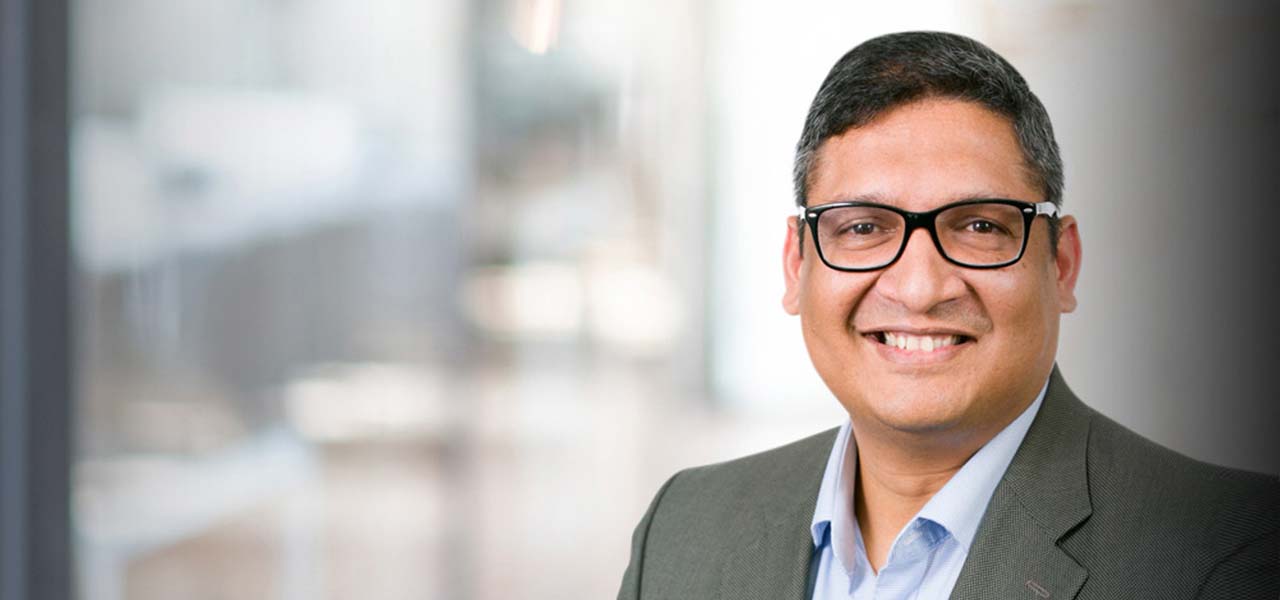In a time of technological disruption and AI-driven automation, having a Master of Professional Accounting degree can be a strategic advantage for graduates
Accounting is the language of business, and the strong technical skills of an accountant are highly valued in the job market in spite of the digital disruption.
Last year, the Singapore Accountancy Commission announced the development of a roadmap that aims to establish Singapore as a leading accountancy hub and create 2,000 new jobs by 2020. A key pillar of the roadmap is attracting PMETs (professionals, managers, executives and technicians) to the accountancy sector and training them to be proficient in deep technical knowledge and skills. With the accounting knowledge, PMETs will have the ability to help shape business strategies and lead the growth of their organisations.
A growing number of business and tech-related roles will also require specialised technical skills in accounting, as employees are required to read, interpret and analyse financial reports and recommend courses of action to the management. Gaining these accounting technical skills via further learning will give graduates an edge in a competitive job market.

QUALITY AND EMPLOYABILITY
More PMETs are furthering their qualifications through programmes like Singapore Management University’s (SMU) Master of Professional Accounting (MPA). The programme, which is one of the most recognised graduate qualifications in accounting locally, also attracts professionals from non-accounting backgrounds who deal with financial data at work.
The MPA is accredited by 11 professional, regulatory and academic institutions in Singapore, Australia, the United Kingdom and the United States. MPA graduates who want to obtain Chartered Accountant (CA) or Certified Public Accountant (CPA) status and enrol in the professional qualifications offered by organisations like the Institute of Singapore Chartered Accountants (ISCA), the Institute of Chartered Accountants in England and Wales (ICAEW) and the Association of Chartered Certified Accountants (ACCA) will be granted exemptions on foundation modules. This will save them time on their journey to professional accountancy.
Associate Professor Wang Jiwei, SMU’s programme director of the MPA programme, cites two other aspects of the degree that make it appealing to students besides the high level of professional recognition: A world-class faculty, and high graduate employability.
According to Prof Wang, in the past few years, more than 90 per cent of students find a job within three to four months, while 100 per cent of the students find employment in six months. The MPA programme also saw more than 90 per cent of the students securing an internship within the accounting and finance domain.
SMU adopts an interactive and project-based teaching pedagogy to engage the students in meaningful learning, says Prof Wang.
He added: “One of our courses, Audit and Assurance, is taught by our industry partners from two of the Big Four accounting firms. Learning from them will be very insightful. On top of the technicalities of accounting, you get to pick up critical thinking and problem-solving skills, which will give you an edge in the workplace.”
MPA graduate Qu Rui, who enrolled in 2018 and completed her studies in May this year, agrees that being taught by a practising accounting professional was highly beneficial.
“Our professor shared his rich working experience and core audit knowledge with us,” she said. “Despite having no experience before, this class gave me a concise but vivid understanding of auditing and assurance.”
She also believes that the school activities and projects taught her how to communicate and compete, while a volunteering session improved her sense of social responsibility.

ADDING A SPECIALISED EDGE
While Ms Qu joined the MPA as a full-time student, Mr Shawn Chen chose the part-time route as he was busy with his legal career.
Mr Chen, a corporate lawyer specialising in corporate finance law, decided to carve time out of his schedule to enrol in the MPA, citing his desire to better serve his clients. “I felt that I often had gaps in my understanding when I spoke with bankers and auditors regarding the accounting, audit and financial aspects of a corporate finance transaction, and I wanted to fill these knowledge gaps,” he explained.
Two of Mr Chen’s then-colleagues, who practised tax and regulatory law, had graduated from SMU’s MPA and recommended the programme to him. While he was forewarned of the heavy time commitment needed, he found the deanery to be very supportive of part-time students. “They do their best to accommodate the different needs of part-time students who juggle work, family, studies and other matters,” he said.
Mr Chen and Ms Qu have benefitted from the rigorous and holistic MPA programme at SMU.
Mr Chen enrolled in the MPA in 2017 and graduated in 2019. Currently the general counsel for Deloitte Southeast Asia, he said: “The MPA has given me the tools and the confidence to face different issues and challenges, and it ensures that I am well-informed and able to offer solutions that are legally sound, context-driven and commercially practicable for our leaders and staff.”
For Ms Qu, she feels that the MPA has given her essential technical knowledge and an extra edge that makes her stand out as a job seeker.
“Nowadays, the accounting profession is no longer just about having a degree certification; it is also about communication, analytical and leadership skills,” said Ms Qu, who will begin work as an associate at PricewaterhouseCoopers next month. “The MPA, through its curriculum and committee activities, has allowed me to be a more competitive candidate with both hard and soft skills.”

NEW DEMANDS, NEW OPPORTUNITIES
In the era of big data, technology will be driving the transformation of the accounting ecosystem. Technologies such as AI, blockchain and cloud computing have a direct impact on the methods of accounting, and the tools and processes used in the accounting and finance domain.
Some experts have predicted an expansion in roles for accounting professionals, who can look forward to new job opportunities and augmentation of existing roles. Freed from manual work such as bookkeeping, accountants of the future will have the freedom to take on strategic and analytical responsibilities, like managing IT projects, optimising resources, providing deep insights and even working alongside other units such as operations or sales to evaluate new opportunities for the business. Accounting positions requiring critical thinking, problem-solving and human interpretation will be more in demand than ever.
To further enhance the skillsets of its MPA graduates, SMU is revamping its curriculum to include Data Modelling and Visualisation as one of the programme’s essential modules, and launching additional courses such as Blockchain in the New Economies. The school will also be introducing a Global Study Programme, where students will go for an overseas study trip to broaden their perspectives.
Attend our Masterclass to find out more about the MPA programme.
This article is also featured on Channel NewsAsia.




